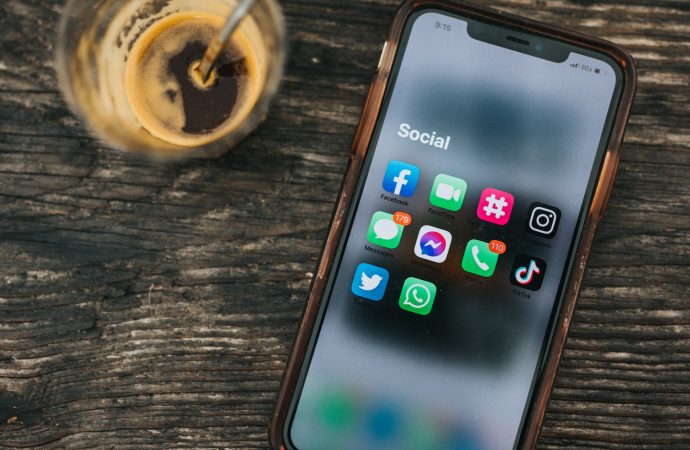In a highly anticipated case that could have far-reaching implications for social media and free speech, the United States Supreme Court is set to rule on whether elected officials can block constituents on social media platforms. The case, Mahanoy Area School District v. B.L., has sparked a national debate over the intersection of social media
In a highly anticipated case that could have far-reaching implications for social media and free speech, the United States Supreme Court is set to rule on whether elected officials can block constituents on social media platforms. The case, Mahanoy Area School District v. B.L., has sparked a national debate over the intersection of social media and the First Amendment.
The case involves a cheerleader, known only as B.L., who was removed from her school’s varsity cheerleading squad after she posted a profanity-laced message on Snapchat over the weekend. B.L. was upset that she didn’t make the varsity squad, and she vented her frustration by posting a photo of herself and a friend with their middle fingers raised and the caption “F*** school, f*** softball, f*** cheer, f*** everything.”
The school district argued that B.L.’s post disrupted the school environment and violated the cheerleading squad’s rules, which require cheerleaders to represent the school in a positive light. B.L. and her parents sued the school district, claiming that the punishment violated her First Amendment rights.
The case eventually made its way to the Supreme Court, which will now decide whether B.L.’s post constitutes protected speech under the First Amendment. The court will also determine whether elected officials can block constituents on social media platforms like Twitter and Facebook.
The case has raised important questions about the role of social media in modern society and the extent to which the First Amendment protects speech online. Supporters of B.L. argue that her post was a harmless expression of frustration and that the punishment was a violation of her free speech rights.
Opponents, however, argue that B.L.’s post was disruptive and inappropriate, and that schools have a responsibility to regulate speech that could harm the school environment. They also argue that elected officials should be able to block constituents on social media if their speech is disruptive or harmful.
The case has received widespread attention from legal scholars and First Amendment advocates. Many are concerned that a ruling in favor of the school district could have a chilling effect on free speech online, while a ruling in favor of B.L. could make it more difficult for schools to regulate disruptive speech.
Some have also raised concerns about the broader implications of the case for social media platforms like Twitter and Facebook. If the Supreme Court rules that elected officials can’t block constituents on social media, it could set a precedent for other types of public figures, such as celebrities and business leaders, who use social media to engage with their audiences.
Regardless of the outcome, the Mahanoy Area School District v. B.L. case is sure to have a significant impact on the future of social media and free speech in the United States. The Supreme Court’s ruling could set a precedent for how schools and public officials regulate speech online, and it could have far-reaching implications for the way we communicate and engage with each other online.

















Leave a Comment
Your email address will not be published. Required fields are marked with *